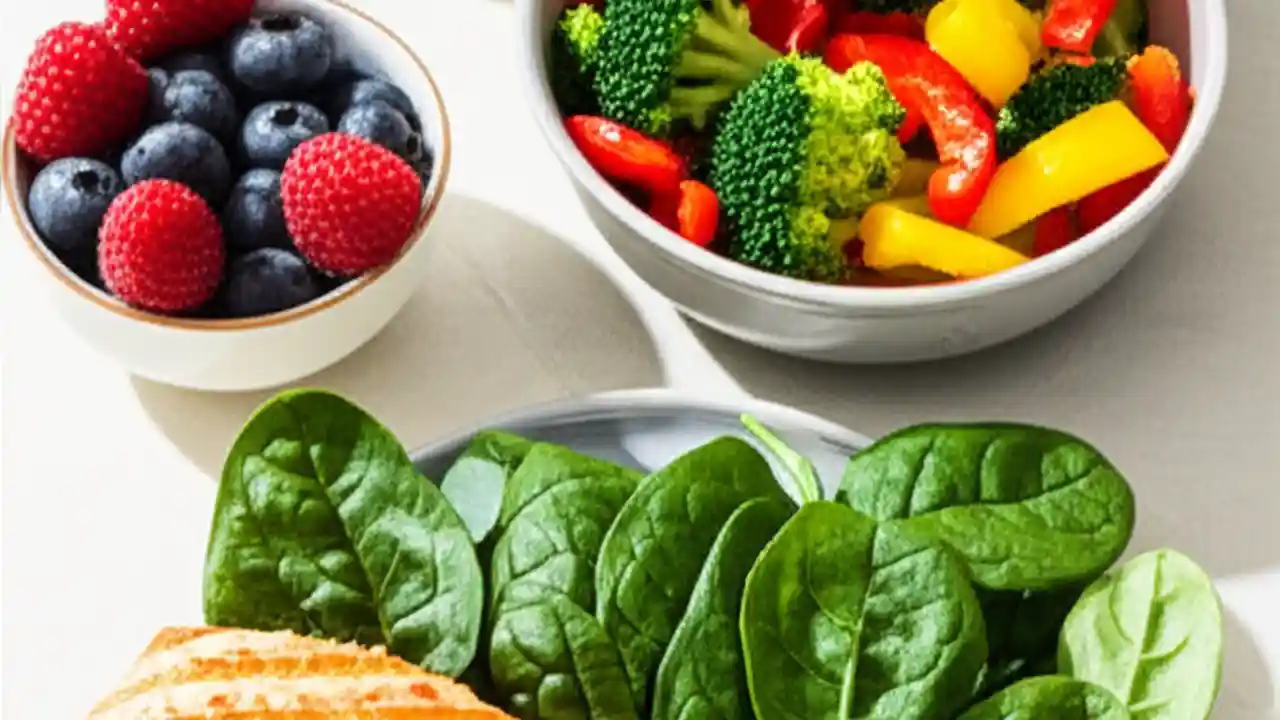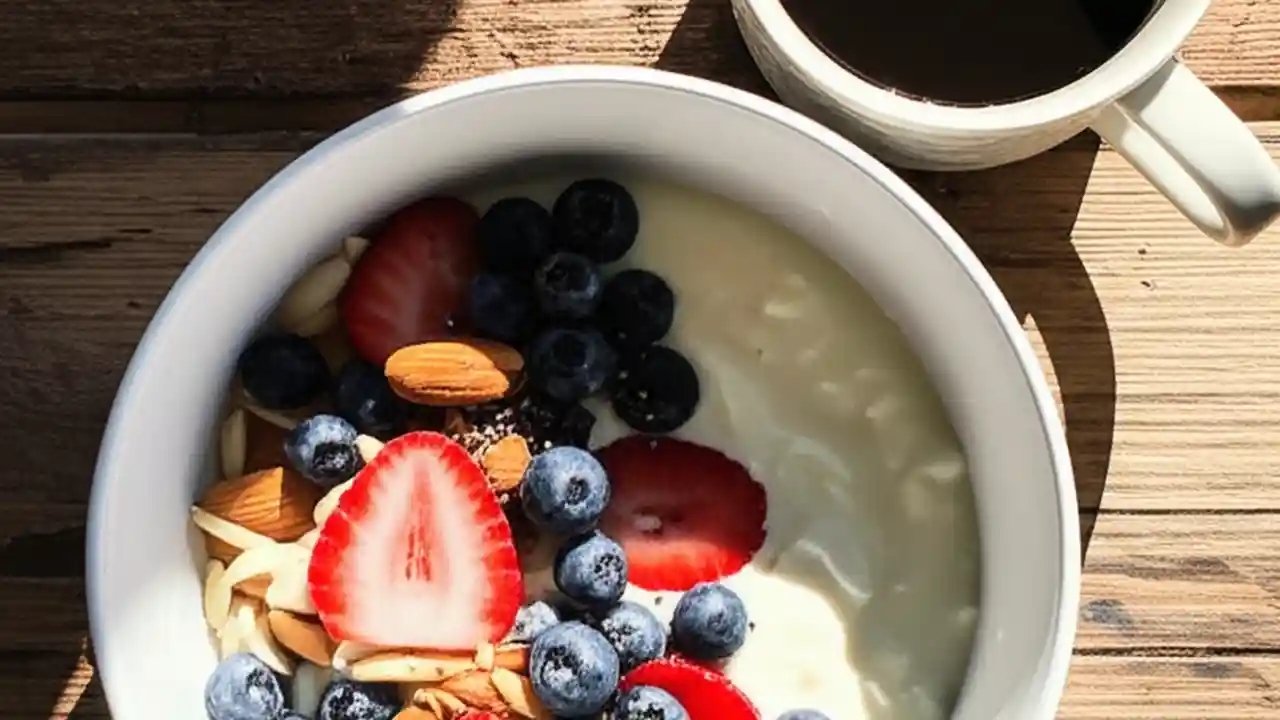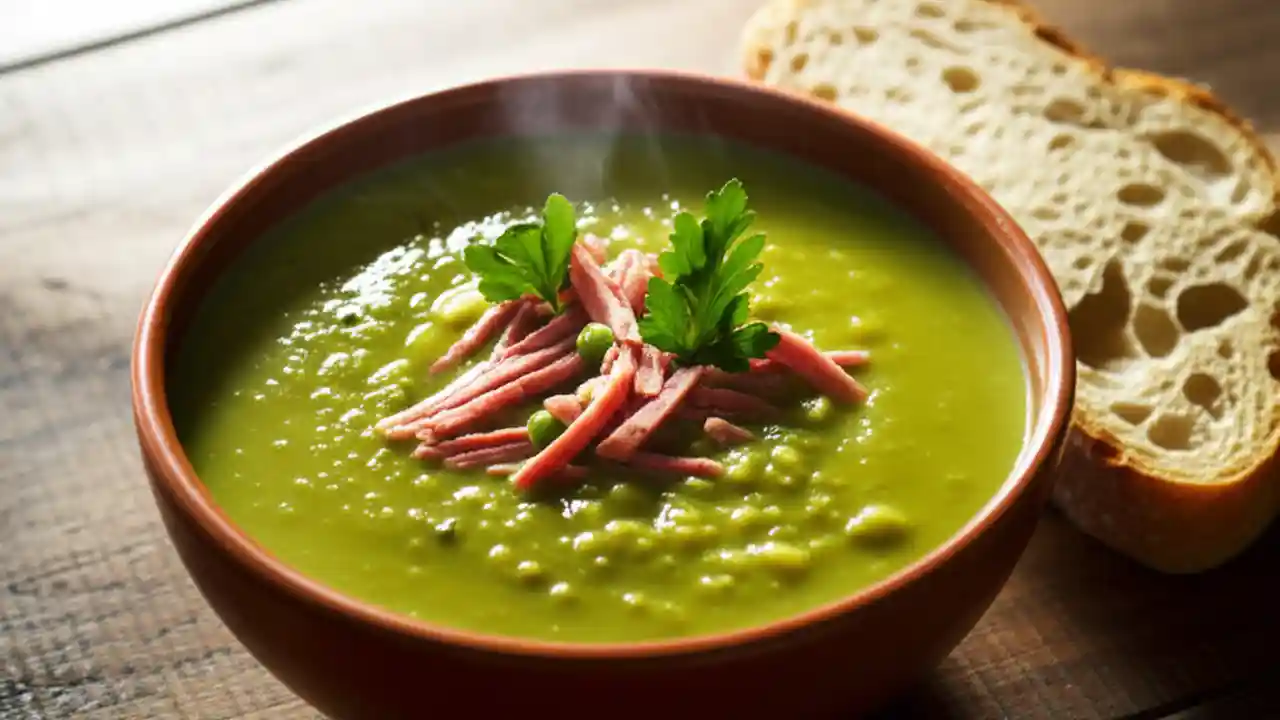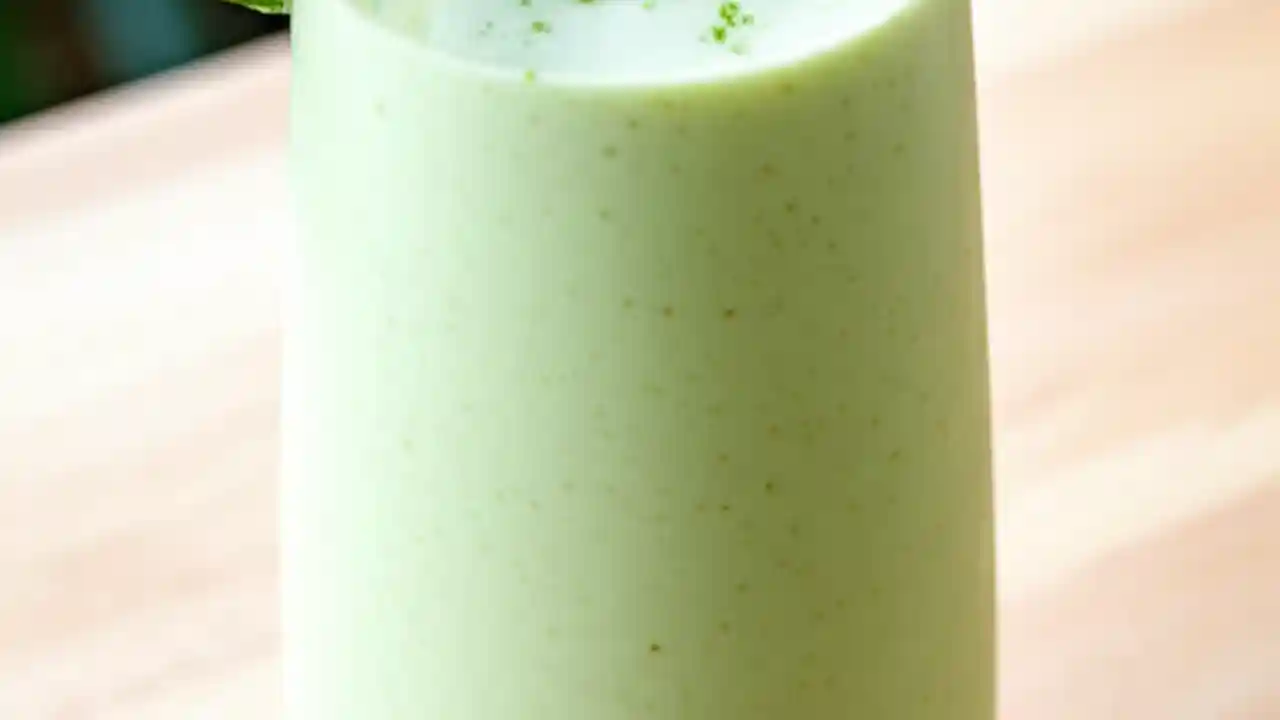The best foods for a strong immune system are those rich in essential vitamins, minerals, antioxidants, and probiotics. Think vibrant fruits, leafy greens, lean proteins, and fermented foods. Building a robust immune system naturally starts right on your plate, offering a powerful defense against everyday challenges. This guide will delve into the science behind immune-boosting foods, provide practical tips for incorporating them into your daily life, and address common questions about natural immunity support to help you achieve long-term health and resilience.
Table of Contents
Essential Nutrients & Their Powerhouses
What are the key vitamins and minerals for a strong immune system?
Boosting your immunity relies on a symphony of nutrients, not just one superstar. Vitamin C is perhaps the most famous, supporting white blood cell function. Vitamin D is crucial for modulating immune responses. Zinc helps immune cells develop and function. Selenium acts as an antioxidant, protecting cells. Iron is vital for oxygen transport to immune cells, and B vitamins, particularly B6 and B12, play roles in immune cell production. Think of these as the fundamental building blocks your body needs to stay vigilant.
Do citrus fruits really boost immunity, and why?
Absolutely, citrus fruits like oranges, grapefruits, lemons, and limes are superstars for a reason! They are packed with Vitamin C, a powerful antioxidant that helps protect cells from damage and supports the production and function of white blood cells, which are your body’s frontline defenders. While Vitamin C won’t cure a cold, consistent intake can help shorten its duration or reduce severity. It’s a foundational nutrient for natural immunity support.
What role do garlic and ginger play in immune health?
Garlic and ginger are more than just flavor enhancers; they’re potent immune allies. Garlic contains allicin, a sulfur-containing compound known for its antiviral and antibacterial properties. Many traditional remedies feature garlic for fighting off infections. Ginger, on the other hand, is rich in gingerols, which have powerful anti-inflammatory and antioxidant effects. It can help soothe a sore throat or calm an upset stomach, often accompanying colds and flu. I always add a generous slice of ginger to my tea when I feel a tickle in my throat.
Are there specific spices or herbs that enhance immunity?
Beyond garlic and ginger, several other spices and herbs offer significant immune benefits. Turmeric, with its active compound curcumin, is a potent anti-inflammatory and antioxidant. Echinacea is often used to prevent or treat colds, though research is mixed. Oregano and rosemary contain compounds with antimicrobial properties. Even common black pepper, when paired with turmeric, enhances curcumin’s absorption. Incorporating these into your cooking is an easy win for your immune-boosting diet.
What about antioxidant-rich foods – are they important?
Antioxidants are critically important for a strong immune system. They combat free radicals, unstable molecules that can damage cells and contribute to chronic diseases and weakened immunity. Think of them as tiny bodyguards protecting your cellular integrity. Foods rich in antioxidants include berries, dark chocolate, pecans, artichokes, and dark leafy greens. Eating a rainbow of colors ensures you get a wide spectrum of these protective compounds, contributing to overall health and resilience.
Gut Health & Beyond: The Unsung Heroes
How do probiotics and gut health relate to immunity?
Your gut is often called your “second brain” and it’s also a major hub for your immune system. About 70-80% of your immune cells reside in your gut. Probiotics, the beneficial bacteria found in fermented foods, help maintain a healthy gut microbiome, which in turn strengthens your gut barrier and modulates immune responses. A balanced gut flora can help your body better distinguish between harmful pathogens and harmless substances. It’s a cornerstone of natural immunity support.
Consider adding these probiotic-rich foods to your diet:
- Yogurt (with live active cultures)
- Kefir
- Sauerkraut
- Kimchi
- Tempeh
- Miso
- Kombucha
Are leafy green vegetables truly essential for immune support?
Absolutely! Leafy green vegetables like spinach, kale, and Swiss chard are nutritional powerhouses. They are packed with vitamins A, C, and K, folate, and various antioxidants. These nutrients are vital for the proper functioning of immune cells and for reducing inflammation throughout the body. For example, Vitamin A is crucial for the health of mucous membranes, which form the first line of defense against pathogens. Don’t skip your greens; they’re foundational for a robust immune system.
Can protein intake impact my immune system’s strength?
Yes, protein is fundamental for immune health. Antibodies, the specialized proteins that identify and neutralize pathogens, are made of amino acids, the building blocks of protein. Immune cells themselves also require protein for their development and function. Lean protein sources like chicken, fish, eggs, beans, lentils, and nuts provide the necessary amino acids. Insufficient protein intake can impair immune responses, making you more susceptible to illness. It’s not just about muscle; it’s about defense too.
Dietary Choices & Practical Application
Are immune-boosting supplements as effective as whole foods?
While supplements can fill nutritional gaps, they are generally not as effective as whole foods for immune support. Whole foods offer a complex matrix of nutrients, fiber, and beneficial compounds that work synergistically in the body, a concept known as “food synergy.” Supplements often isolate nutrients, which may not offer the same holistic benefits or absorption. Think of it this way: a symphony needs all its instruments, not just a solo performance. Always prioritize a diverse, nutrient-rich diet over relying solely on pills.
Is a plant-based diet inherently better for immune function than an omnivore diet?
Both plant-based and well-balanced omnivore diets can support strong immune function. A well-planned plant-based diet often naturally includes more fruits, vegetables, legumes, and whole grains, which are excellent sources of immune-boosting nutrients and fiber. However, an omnivore diet that emphasizes lean proteins, diverse vegetables, and healthy fats can also be highly beneficial. The key is balance, variety, and minimizing processed foods, refined sugars, and unhealthy fats, regardless of your dietary preference. It’s about nutrient density, not just category.
How do different types of berries compare for immune benefits?
Berries are universally praised for their antioxidant content, but they do have slight differences. Blueberries are rich in anthocyanins, which have anti-inflammatory properties. Strawberries are high in Vitamin C. Raspberries offer ellagic acid, another powerful antioxidant. Blackberries provide a good mix of vitamins C and K. While each berry has its unique strengths, the best strategy is to enjoy a variety of them. Mixing them into your morning oatmeal or a smoothie ensures you get a broad spectrum of benefits, making it an easy way to boost your daily immune-boosting diet.
Here’s a quick comparison of some popular berries:
| Berry Type | Key Immune Benefit | Notable Nutrients |
|---|---|---|
| Blueberries | Anti-inflammatory, gut health | Anthocyanins, Vitamin C, Fiber |
| Strawberries | Direct immune support | Vitamin C, Manganese, Antioxidants |
| Raspberries | Cell protection, anti-inflammatory | Ellagic Acid, Fiber, Vitamin C |
| Elderberries | Antiviral properties (traditional use) | Anthocyanins, Vitamin C |
What are easy ways to incorporate immune-boosting foods into daily meals?
Making immune-boosting foods a regular part of your diet doesn’t have to be complicated. Start small! Add a handful of spinach to your morning smoothie or eggs. Sprinkle berries over your yogurt. Swap white rice for quinoa or brown rice. Snack on nuts and seeds instead of chips. Try cooking with more garlic and ginger in stir-fries or soups. My personal trick is to keep a bowl of colorful fruits visible on the counter—it’s a constant reminder to grab a healthy snack. Small, consistent changes add up significantly over time.
Can certain foods weaken my immune system?
Yes, just as some foods strengthen your immune system, others can undermine it. Diets high in refined sugars, unhealthy trans fats, and highly processed foods can promote inflammation and suppress immune function. Excessive alcohol consumption can also impair immune responses. While occasional treats are fine, a consistent diet heavy in these items can put a strain on your body’s defenses, making it harder for your immune system to do its job effectively. Moderation and balance are key.
What are some quick, immune-friendly snack ideas?
Snacks are a perfect opportunity to sneak in extra immune support. Think beyond the usual! A handful of almonds with an orange provides Vitamin E, zinc, and Vitamin C. Greek yogurt with berries and a sprinkle of chia seeds offers probiotics, antioxidants, and omega-3s. Sliced bell peppers with hummus give you Vitamin C and fiber. Even a small piece of dark chocolate (70% cocoa or higher) offers antioxidants. These options are easy to prepare and carry, making healthy choices convenient.
How long does it take for diet changes to impact immunity?
The immune system is complex and constantly adapting, so there’s no single timeline. While some immediate effects might be felt (e.g., better energy from nutrient-dense foods), significant, long-term changes to your immune resilience typically take weeks to months of consistent dietary improvements. Think of it as building a strong foundation brick by brick. Regular intake of immune-boosting foods helps your body maintain optimal function and readiness, rather than just reacting to acute needs. Consistency is the real secret here.
Conclusion
Building a strong immune system is a continuous journey, and your diet is undoubtedly one of your most powerful tools. By consistently choosing nutrient-rich foods – from vibrant fruits and vegetables to lean proteins and beneficial probiotics – you provide your body with the essential building blocks it needs to defend itself. Remember, it’s about a holistic approach, supporting your body’s natural resilience every single day. Start making these delicious, immune-boosting choices today!











